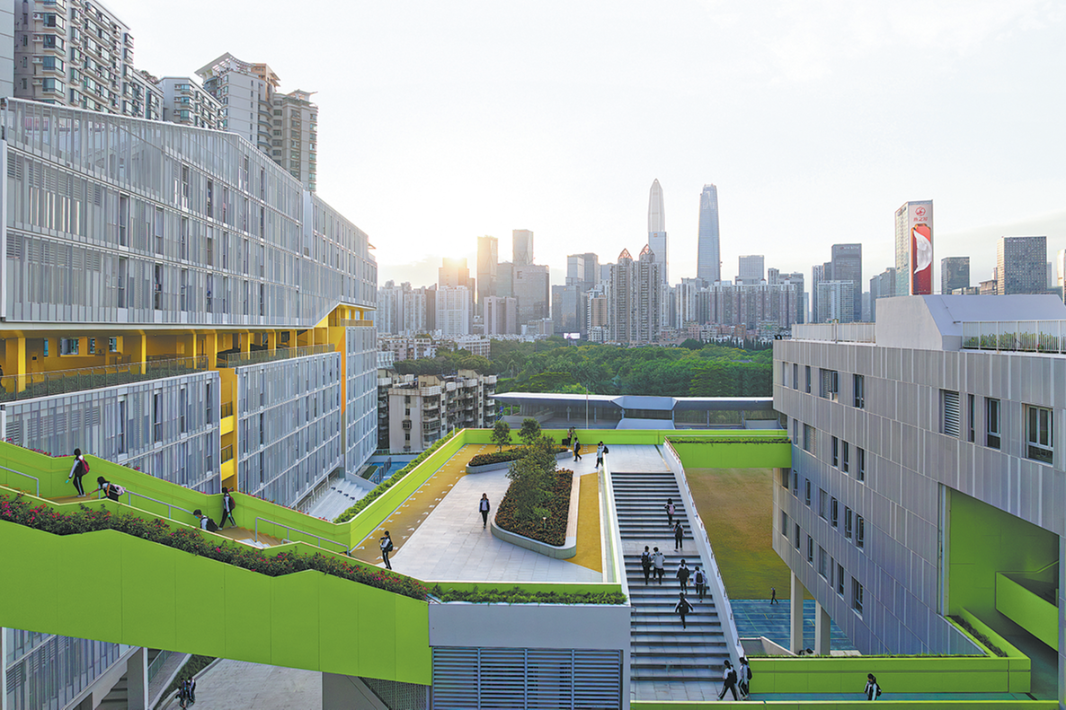Philippines on 'game-changing' mission

MANILA — In a country obsessed with beauty pageants, basketball and boxing, the Philippines women's team hopes to ignite interest in soccer when it makes the nation's World Cup debut.
Long a minnow in the sport, the Philippines has never played at a FIFA World Cup, either the men's or women's editions.
All that will change on July 21 when the women's side, under Australian coach Alen Stajcic, plays Switzerland in Dunedin, New Zealand.
Stajcic calls his team's journey from "almost ground zero" to the World Cup "miraculous".
Half of his players do not belong to a professional club and some have been "running around the block on their own" for training, he said.
"It's been a meteoric sort of rise for the team," the 49-year-old told AFP via Zoom.
"The challenge for us is to somehow maintain and sustain that improvement, not be happy with where we got to."
Since Stajcic's appointment as coach in late 2021, the Philippines has jumped from 68 in the FIFA rankings and is now a best-ever 46th place.
It began with the Women's Asian Cup in early 2022 when it made the semifinals, losing to South Korea but securing a historic World Cup berth.
The Filipinos followed that up with bronze at the Southeast Asian Games last year, then won the regional AFF Women's Championship on home soil.
'We don't have fields'
The Philippines is in Group A at the World Cup alongside co-host New Zealand, Norway and Switzerland.
The Filipinos will not be expected to get out of their group, but defender Hali Long said: "I would like to think we're going to go in there and do more than just participate.
"We're going in there to compete with everything we have to show."
The team hopes getting the Philippines to its first World Cup can be a game-changer for soccer in the country.
Long was born in the United States — most of the players on the national team have been recruited from the Philippines' large diaspora.
"It's not the most popular sport here," Long told AFP at a practice session with the Manila club that she and national goalkeeper Inna Palacios play for.
"It's not the beauty pageants, boxing and basketball; we don't have a 'B'."
Palacios, one of the few players born in the Philippines, said more investment was needed to find and develop young talent in the country.
"We don't have the fields or a place to play," said Palacios.
"It was tagged as a sport for people who are rich and can afford fields and shoes, but in reality you just need your feet and a ball."
Playing catch-up
Stajcic is a major reason for the Philippines' improvement.
He brings a wealth of experience from his playing and coaching careers in Australia.
He coached Australia at the 2015 World Cup and took the Matildas to as high as fourth in the FIFA rankings, but was dumped despite guiding them to the 2019 tournament.
Stajcic says that being able to get the squad together for extended periods, including a 10-week training camp in the United States before the Asian Cup, has been another reason for the dramatic upturn.
But he will need all his nous and know-how if the Philippines is to be competitive in a women's game which is at an all-time high in Europe and North America.
"Women's football in the last five years has gone through exponential growth," said Stajcic.
"The rest of the world is already a hundred steps ahead of us."
Despite that he is backing his team to make an impact if they "do everything right".
"We're going to need a little bit of luck," Stajcic said.
"We're going to have to make our luck, we're going to have to give ourselves every possible chance in our preparation."
AFP
Today's Top News
- US' coercion threatens global governance
- Xi extends condolences to Spanish King over high-speed train collision
- Scholars warn US threatens global legal order
- UN chief warns of global chaos as US prioritizes power over intl law
- China to formulate plan on expanding domestic demand for 2026-2030
- Xi congratulates Central African Republic president on reelection






























